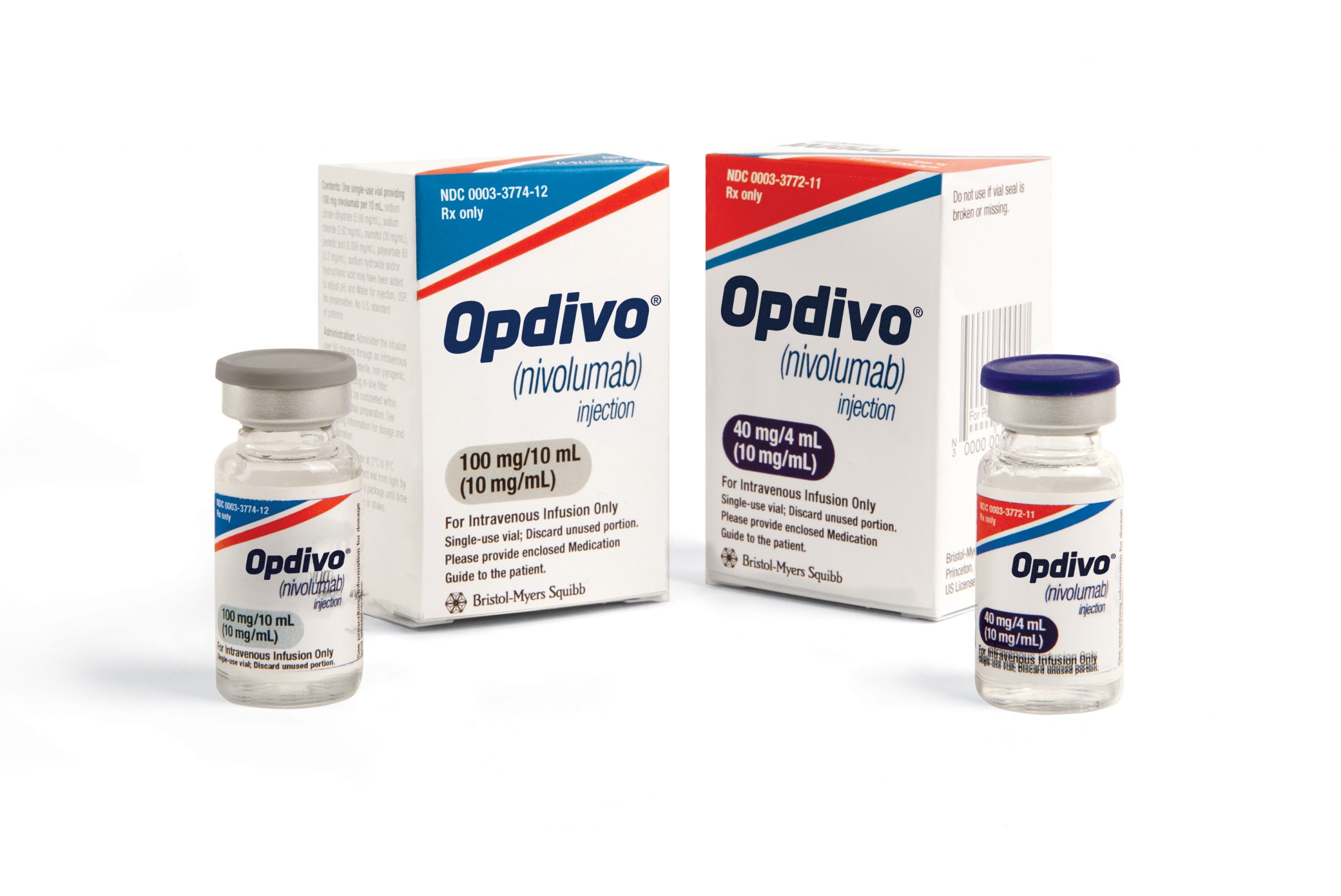Some good news for BMS with Opdivo + natural killer cell combination

Bristol-Myers Squibb is looking to revive the fortunes of Opdivo by combining it with a next-generation immunotherapy, and has presented some favourable early-stage safety data.
Yesterday was humbling for the company, as it confirmed at the ESMO European cancer congress in Copenhagen that Opdivo was ineffective as a first line monotherapy for non small cell lung cancer (NSCLC) - while Merck & Co presented outstanding results for its rival drug Keytruda in the same setting.
BMS first broke the news of Opdivo's failure in August, but yesterday confirmed that no benefits were apparent, even once the trial patients had been broken down into sub-groups.
Early safety data from its combination with Innate's lirilumab was therefore one of several studies which helped to counterbalance the NSCLC setback.
Lirilumab, originally developed by Innate Pharma, is a Natural Killer cell Triggering Receptor (NKTR) drug, activate natural killer cells and some subsets of T cells, which lead to destruction of tumour cells.
BMS and Innate announced safety data for two phase 1 studies conducted by BMS, testing lirilumab in combination with Opdivo (nivolumab) or BMS’ Yervoy (ipiliumab) respectively, in patients with advanced refractory solid tumours.
BMS said that based on these data, “further evaluation of lirilumab in combination with (Opdivo) is warranted”. Efficacy data from the lirilumab and Opdivo combination study will be reported separately.
However, BMS has decided not to progress development of the lirilumab/Yervoy combination, because even though the trial was much smaller, it showed that side effects were more common.
In a phase 1 dose-escalation trial, 159 patients were treated with lirilumab 0.1, 0.3, 1, or 3mg/kg once every four weeks and Opdivo (3mg/kg) once every two weeks, in eight-week treatment cycles for a maximum 12 cycles.
There were no dose-limiting toxicities, with the most common treatment-related adverse event being fatigue, occurring in almost 21% of patients.
There were only 22 patients in the trial combining lirilumab with Yervoy, which had a similar dosing regime.
Fatigue occurred in more than 27% of patients and diarrhoea in almost 23% of patients. In the Opdivo trial, only two patients had diarrhoea.
Innate is testing lirilumab in a phase 2 trial as maintenance treatment in elderly patients with acute myeloid leukaemia in first complete remission (“EffiKIR” trial). BMS is also testing it in clinical trials in combination with other agents in a variety of tumour types.
BMS already has a collaboration with Nektar Therapeutics to develop a treatment that will combine the effects Opdivo which overcomes cancer immune suppression, and NKTR, which primes cancer-fighting T-cells and natural killer cells to attack tumours.












